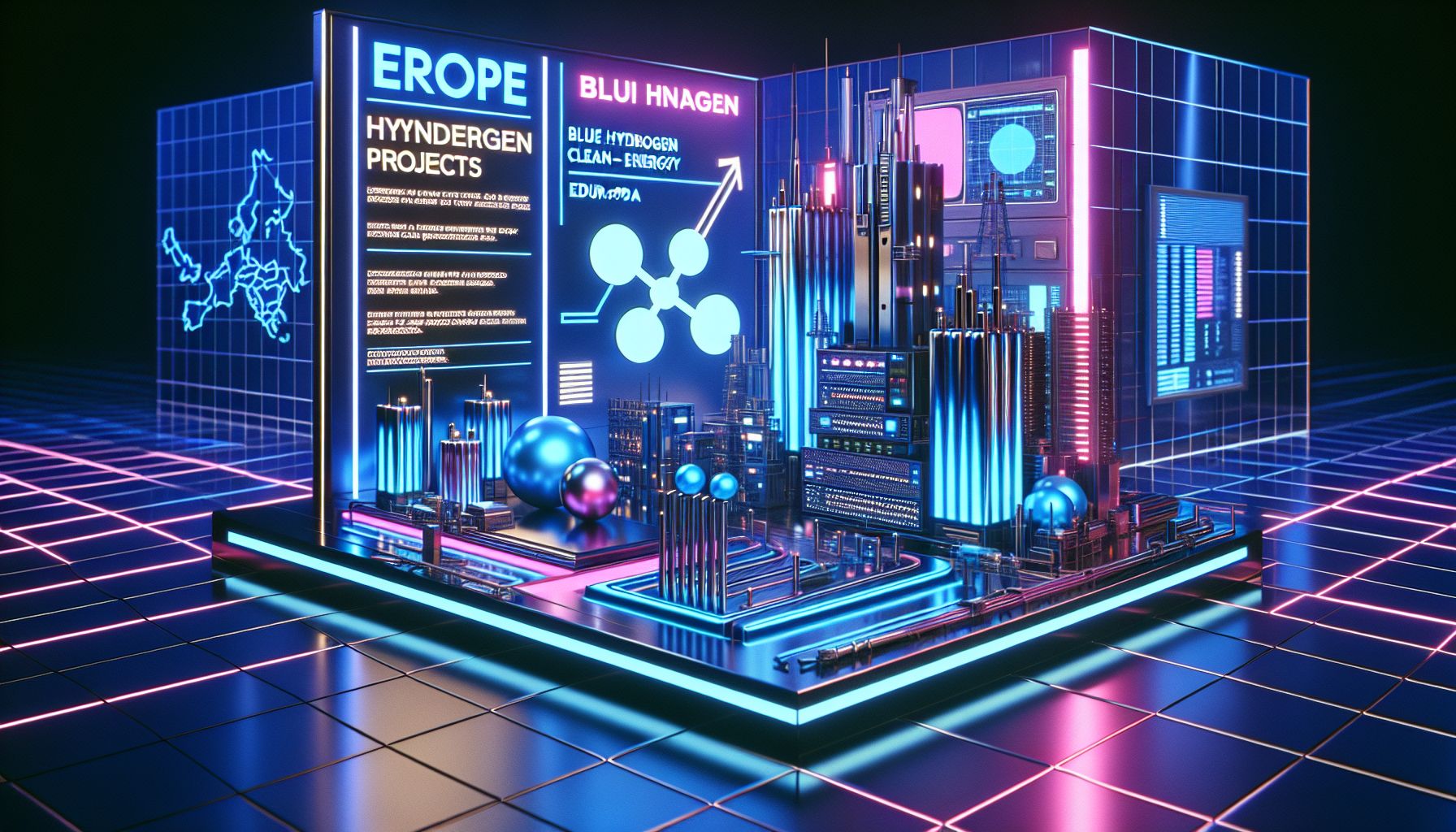Blue Hydrogen Blues: Europe's Clean Energy Dilemma

Brussels, Friday, 18 October 2024.
Europe’s blue hydrogen projects could emit as much CO2 as Denmark annually. While touted as a clean alternative, critics argue it may increase gas demand and hinder climate goals. The EU debates subsidies as industry and environmentalists clash over its true impact.
Understanding Blue Hydrogen
Let me dive into this. Blue hydrogen is produced from natural gas, using carbon capture and storage (CCS) to reduce emissions. Sounds clean, right? But not everyone agrees. Some say these projects might actually pump out emissions equal to Denmark’s entire annual output![1] And trust me, that’s a lot. Critics like Lorenzo Sani call it ‘blackish blue’—a far cry from the green image it’s supposed to have[2].
The Emission Equation
Now, here’s where it gets tricky. Blue hydrogen could lead to 38 million tonnes of CO2 emissions annually if all planned projects go live[3]. That’s more than just a drop in the ocean. Plus, these projects could guzzle more natural gas than France uses in a year[4]. So, while it’s marketed as a cleaner option, the reality might be a bit murky.
Industry vs. Environmentalists
This debate is like watching a heavyweight boxing match. On one side, you’ve got Hydrogen Europe saying blue hydrogen offers a net climate benefit over traditional fossil fuels[5]. On the other, environmentalists and researchers warn about methane leaks and CO2 emissions potentially derailing EU climate goals[6]. It’s a classic case of optimism versus skepticism.
The Path Forward
So, where does this leave us? The EU is working on technical standards for low-carbon hydrogen, which could open the door to subsidies[7]. But without strong regulations, critics fear blue hydrogen could be a step backward. It’s a pivotal moment, as the decisions made now will shape Europe’s energy landscape for years to come.
Conclusion: A Call for Caution
In the end, the future of blue hydrogen in Europe hangs in the balance. While it promises reduced emissions, the potential pitfalls are significant. As these debates unfold, one thing is clear: a cautious approach will be crucial to ensure that blue hydrogen truly contributes to a sustainable energy future.